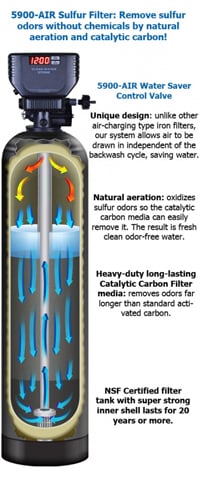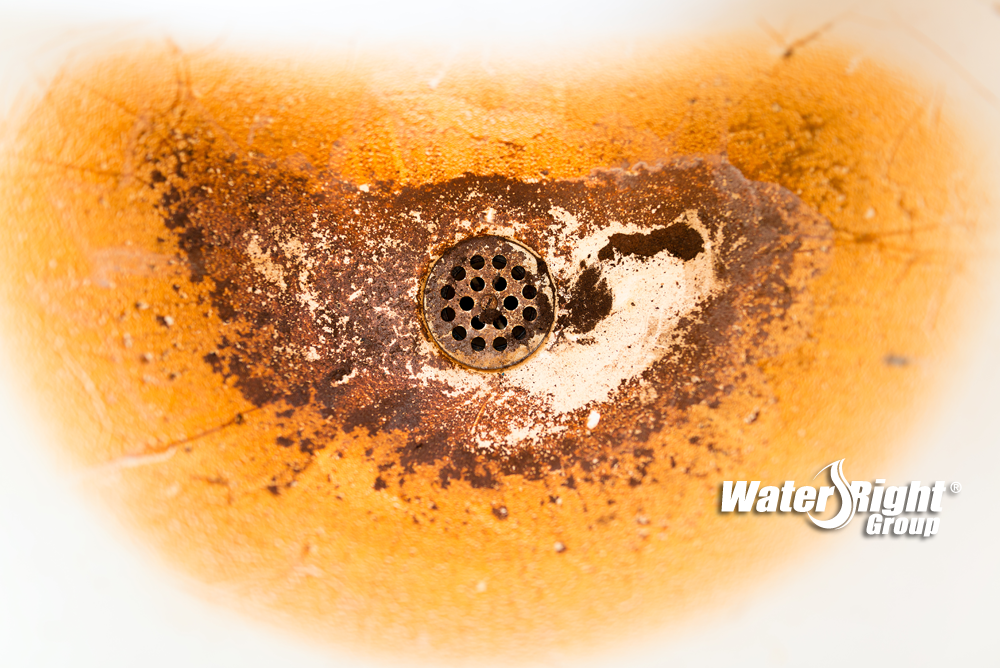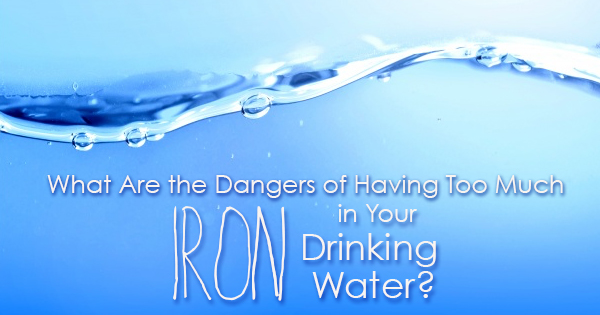The detection limit for purposes of reporting dlr the level at which ddw is confident about the quantification of manganese s presence in drinking water is 0 02 mg l.
Manganese in well water limits.
A survey by penn state found excessive iron concentrations in 17 of the private water supplies sampled in the state.
Water with a low dissolved oxygen level lends itself best to manganese reduction by ion exchange.
Du united states environmental protection agency.
Epa has established national primary drinking water regulations national primary drinking water regulationslegally enforceable standards that apply to public water systems.
Radionuclide survey nirs the intake of manganese from drinking water would be 20 g day for an adult assuming a daily water intake of 2 l.
Although iron and manganese can occur in wells and springs throughout pennsylvania they are most common in northern and western counties.
Exposure to manganese from air is generally several orders of magnitude less than that from the diet typically around 0 04 ng day on average.
Wisconsin department of natural resources iron in drinking water ws 35.
However epa is in the process of determining whether to regulate manganese due to updated health effects information and additional occurrence data.
500 ppm tds works best for manganese removal by a water softener.
Iron manganese in drinking water doc page 1 of 8 iron and manganese and their removal in drinking water 1 fe mn occur naturally in new hampshire s geology both in the bedrock and unconsolidated sand gravel deposits.
Product literature water testing greensand filters water softeners design assistance culligan international company muncipal commercial systems one culligan parkway northbrook il 60062 phone.
Fe mn dissolve into water as acidic rainfall percolates through the soil and bedrock.
This is true simply because high oxygen levels promote precipitation of manganese to a physical form that is hard for the softener to handle.
These standards protect drinking water quality by limiting the levels of specific contaminants that can adversely affect public health and which are known or anticipated to occur in public.
The current version of manganese in drinking water background document for development of who guidelines for drinking water quality is a revision of the background document prepared for an earlier edition of the guidelines by dr j.
Nebguide g96 12800 a drinking water.
Iron and manganese are not health concerns in drinking water.
What are secondary standards.




























